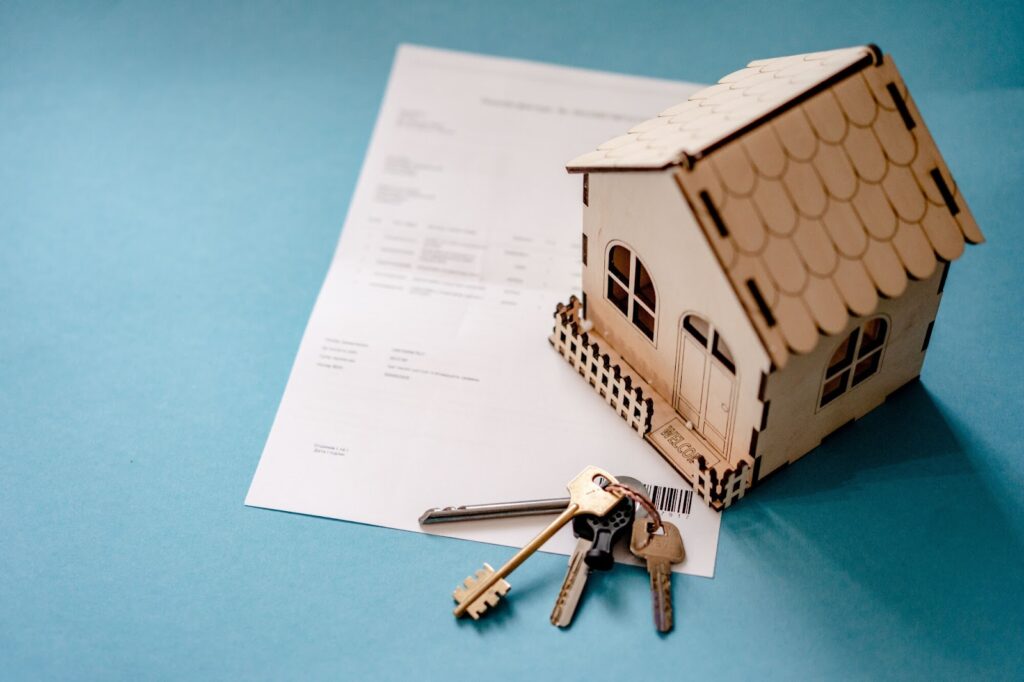
Purchasing real estate is a significant decision that requires careful consideration and planning. With the ever-changing market conditions, it can be challenging to navigate through the process successfully. However, with the right knowledge and guidance, buying real estate in any market condition can become an achievable goal. In this guide, we will provide you with actionable pieces of advice for buying real estate in any market condition. These tips and insights will help you make informed decisions and navigate through the process with confidence.
Setting Your Budget
Evaluate your affordability and financial planning carefully before making any decisions. Start by determining how much you can afford to spend on a property based on your income, savings, and expenses. Consider all the costs associated with purchasing a home, including down payment, closing costs, and ongoing expenses such as mortgage payments, property taxes, and maintenance costs. Be realistic and honest with yourself about your financial situation to avoid getting into a risky or unmanageable investment. Leave room for unexpected expenses or potential changes in your financial circumstances. Creating a budget and sticking to it will help you stay within your means and make a sound decision when buying real estate.
Location, Location, Location
The geographical factors of a property can greatly impact its value and potential for growth. Factors such as proximity to amenities, schools, transportation, and the overall neighborhood can affect both the current and future value of a property. It’s essential to research and understand the local market trends and demand for properties in a specific area. For example, properties for sale in the greater Cannes area or other popular vacation destinations may have a higher value due to their desirability among tourists and potential for rental income. Choosing the right location can also provide you with a sense of security and satisfaction as a homeowner.
Working with a Real Estate Agent
Working with a reputable and experienced real estate agent can make a significant difference in your purchasing journey. A reliable agent will have the knowledge, expertise, and resources to guide you through the process and help you find the right property for your needs. They can also provide valuable insights into market conditions, negotiate on your behalf, and handle all the paperwork and legal aspects of the transaction. When choosing a real estate agent, do your research, read reviews, and ask for referrals from friends or family. Find an agent who understands your needs and priorities, communicates effectively, and has a proven track record of success in the market you’re interested in. Make sure to visit https://www.savvyfox.com.au/buyers-agent-byron-bay/ for more information.
Conducting Thorough Research
Conducting thorough research involves more than just looking at prices and properties for sale; it also means understanding the current market trends, competition, and potential risks and opportunities. Research can help you identify undervalued properties or areas with high growth potential, allowing you to make a smart investment decision. Moreover, research can help you negotiate better terms and prices for the property, as well as avoid any potential scams or fraudulent activities. Take advantage of online resources, attend open houses, and speak with local experts to gather all the necessary information before making a decision.
Negotiating and Closing the Deal
In a competitive real estate market, negotiating and closing the deal can be tricky. However, some tips can help you get the best price for your desired property. Firstly, have a clear understanding of the current market conditions and recent sales in the area. This will give you an idea of what to expect in terms of pricing and competition. Secondly, be prepared to make offers quickly and be open to negotiation. In a competitive market, properties can sell fast, so you must act swiftly to secure your desired property. Lastly, consider working with a skilled real estate agent who can negotiate on your behalf and help you navigate through the closing process smoothly.
Future Proofing Your Investment
As much as we try to predict market changes, they can often be unpredictable. Nonetheless, there are steps you can take to future-proof your investment and minimize potential risks. Start by considering the long-term potential of the property and its location. Look for areas with a diverse economy, strong job growth, and infrastructure development plans. This will ensure that your property remains attractive to potential buyers or renters in the future. Consider investing in any necessary renovations or upgrades that can increase the property’s value and appeal. Finally, have a contingency plan in case of unexpected changes in the market or your financial situation.
Buying real estate needs careful planning, research, and consideration. Stay informed on market conditions and trends, seek professional advice, and trust your instincts. With these tips, you can navigate real estate buying in any market.













